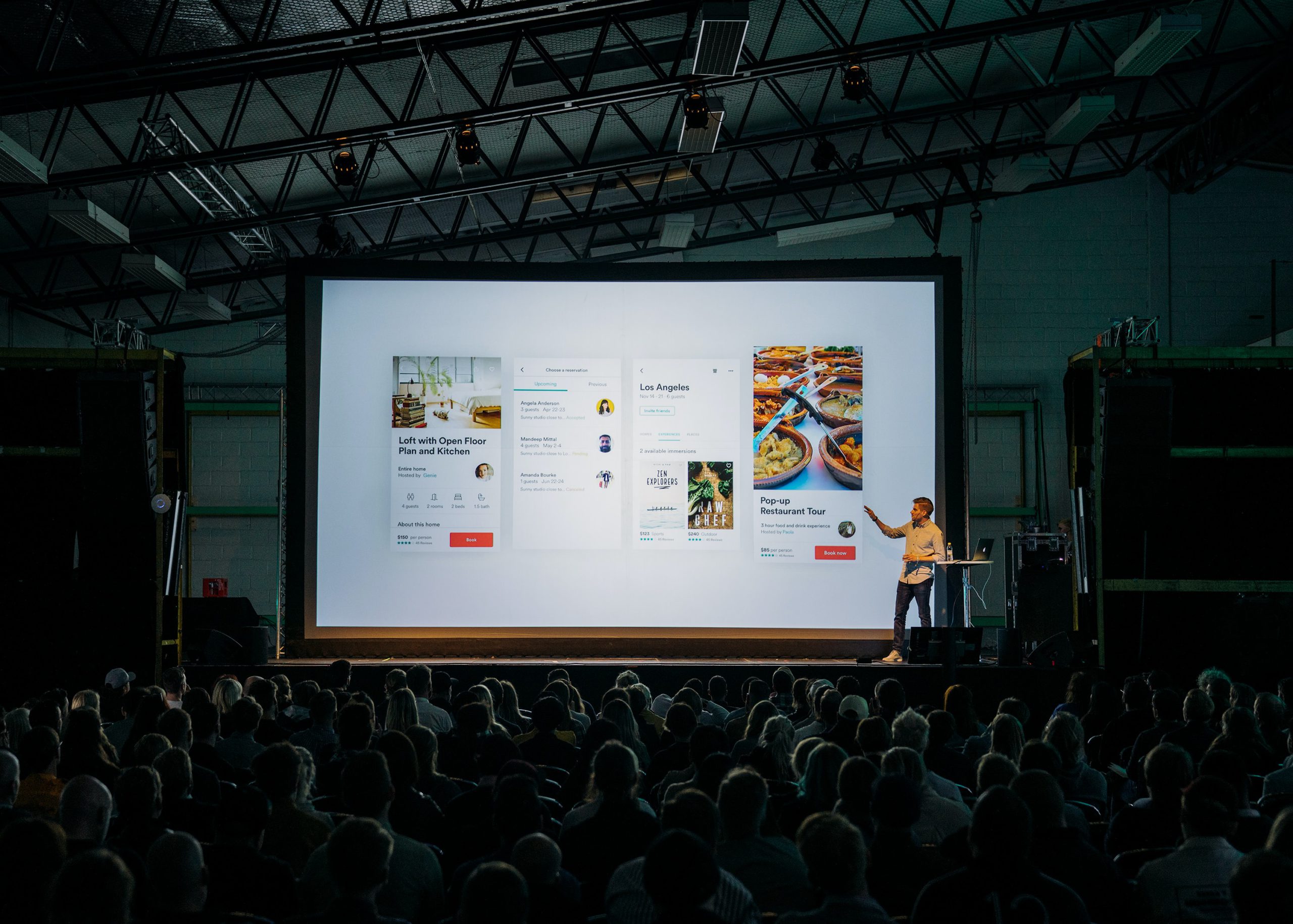Last time we have talked about public hearings, public meetings and online forums that can bring people together to make decisions. See the first three techniques here. Now I will discuss more techniques below.
4 Fairs and events
Fairs and events are common in the community. They consist of multiple activities to provide information and create awareness for community members. It is a way of engaging people in social activities to strengthen the connections within the community. All issues, no matter large or small, can be addressed through this engaging activity.
Strength
Community events emphasize public awareness, thus the events allow information sharing at different levels. The scale of the events can be large or small based on the topic and budget. Media coverage is conductive and can play an important role in community engagement.
Weakness
This technique requires thorough preparations and solutions to motivate and attract more people to attend the events. It may be expensive and resource-intensive as adequate staff should be available during the entire processes of the event. Also, it would have a deep but negative impact if not done appropriately.

5 Deliberation
Deliberation is an open and thoughtful communication process that people discuss the information, views and ideas to work out solutions or make decisions to the given issues. As people share their opinions and ideas through small talks with a focus on rational discourse and expression, deliberation can always generate brilliant and creative ideas. The objective of deliberation is to reach mutual agreements for action.
Strength
Deliberation is a dialogue-based communication process, so participants have broader views on the issue. During the deliberation process, it defines the common ground where decision-makers take actions on. It happens in small scales but is also possible at larger scales with a need to break into several small groups.
Weakness
Deliberation also faces criticism. Confrontation can happen in the open discussion. Equality in discussions is a highlight in this democratic process but can never be realized as the whole process would be dominated by a few people who occupy more resources and have better rhetorical skills. Thus, marginalised groups would be disadvantaged in the deliberation. The open discussion fails into tokenism in this situation.

6 Focus groups
Focus groups are one type of forum to obtain opinions and feedback from the randomly selected participants within the target group. The focus group helps practitioners to identify issues and collect public opinions. Normally, focus groups comprise of people from community committees and associations. It is also necessary to recruit a skilled facilitator to conduct the session.
Strength
There is no need for collective decisions. Focus groups can be applied in different stages of the engagement process to provide insights on the issue and opinions on proposed decisions. It works well with the target participants on a specific topic to avoid the waste of resources on unnecessary information.
Weakness
Decision-makers have no obligation the take actions or make decisions based on the collected feedback. This technique mainly concentrates on sharing and elucidating views with others rather than developing ideas or thinking built on others. Aligning with deliberation, focus groups can deliver better participation outcomes. Moreover, focus groups only have a small number of participants. Therefore, their opinions are not representative and general from a broader perspective.
(To be continued …)
